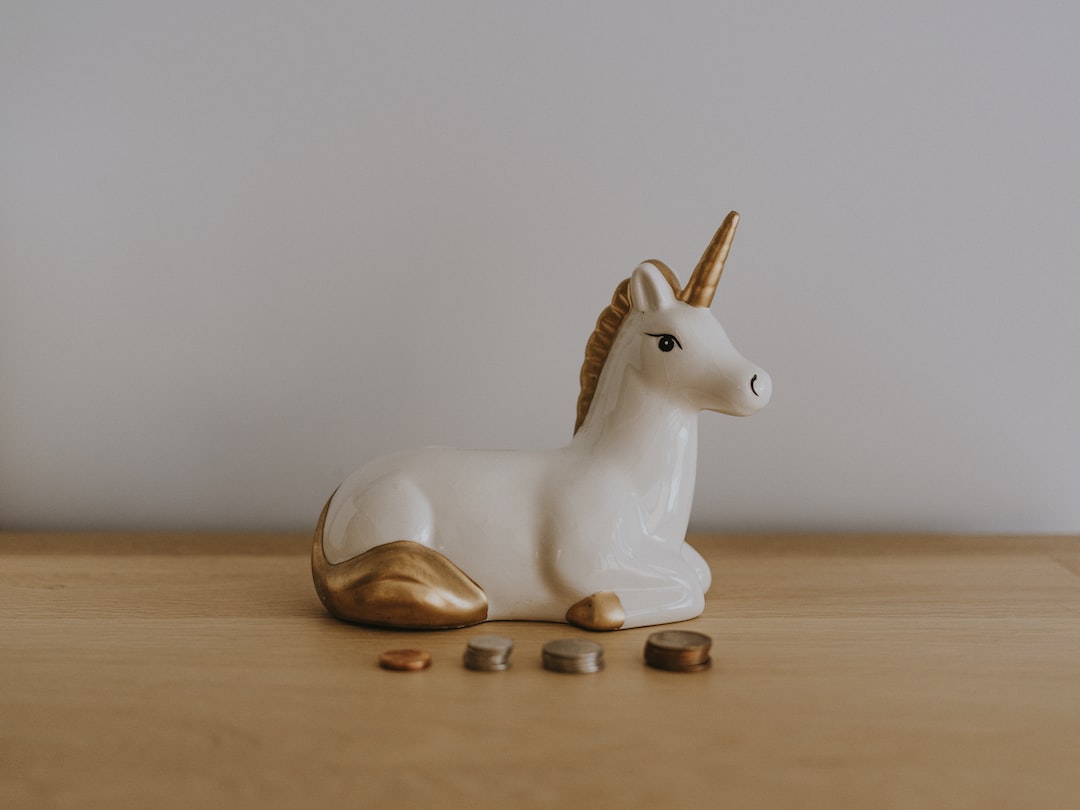Forex rollover, also known as overnight rollover, is a crucial aspect of forex trading. It is the process of extending the settlement date of an open position by rolling over the position to the next trading day. In other words, it is the interest rate that traders pay or receive for holding open positions overnight.
Forex rollover is an essential concept to understand for traders who hold positions overnight. It is a necessary component of forex trading since the forex market operates 24 hours a day, five days a week, and positions are typically closed at the end of each trading day. Therefore, it is essential to understand how rollover works and how it can impact trading strategies.
In forex trading, rollover rates are calculated based on the interest rate differential between the two currencies involved in the trade. The interest rate differential is the difference between the interest rates of the two central banks. For example, if a trader is holding a long position in a currency with a higher interest rate than the currency they are selling, they will receive a positive rollover. Conversely, if they are holding a long position in a currency with a lower interest rate, they will pay a negative rollover.
The rollover rate is calculated as the difference between the interest rates of the two currencies, plus a broker commission. The rate can be positive or negative, depending on the interest rate differential. If the interest rate of the currency being bought is higher than the interest rate of the currency being sold, the trader will receive a positive rollover. If the interest rate of the currency being bought is lower than the interest rate of the currency being sold, the trader will pay a negative rollover.
The rollover rate is typically calculated at the end of each trading day, around 5 pm Eastern Standard Time (EST). Traders who hold positions overnight will receive or pay the rollover rate, depending on the direction of their trade. Rollover rates can vary depending on the broker, the currency pair being traded, and the interest rate differential.
Rollover rates are an essential factor to consider when developing a trading strategy. For traders who hold positions overnight, rollover rates can have a significant impact on the profitability of their trades. Positive rollover rates can increase profits, while negative rollover rates can decrease profits. Therefore, traders must understand the interest rate differentials between the currencies they are trading and the impact of rollover rates on their trades.
In addition to the interest rate differential, other factors can impact rollover rates, including market volatility, economic data releases, and central bank policy decisions. These factors can cause the interest rate differential to fluctuate, which can impact the rollover rate.
Traders should also be aware of the potential risks associated with forex rollover. Since rollover rates are calculated based on interest rate differentials, changes in interest rates or central bank policies can significantly impact the rollover rate. Therefore, traders should monitor economic data releases and central bank policy decisions that can impact the interest rate differential and, consequently, the rollover rate.
In conclusion, forex rollover is a crucial aspect of forex trading that traders must understand. It is the interest rate that traders pay or receive for holding open positions overnight. Rollover rates are calculated based on the interest rate differential between the two currencies involved in the trade. Positive rollover rates can increase profits, while negative rollover rates can decrease profits. Traders should be aware of the potential risks associated with forex rollover and monitor economic data releases and central bank policy decisions that can impact the interest rate differential and, consequently, the rollover rate.






